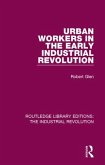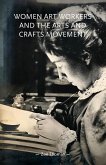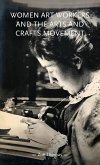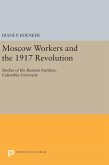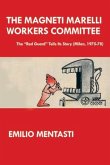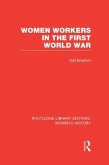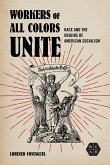The industrial revolution was forged with the lives of our ancestors' children.All over Britain, children and young people toiled for hours every day. Their workplaces were pitch-dark mines, fiery furnaces, brightly-lit mills with deadly machines, and mud-filled brickyards.Some workers were pauper apprentices, sent thousands of miles from their homes and indentured until the age of twenty-one.Almost every item in our ancestors' homes and wardrobes was made by children and youngsters: buttons, glass, carpets, cotton, cutlery, pins, candles, lace, pottery, straw hats, and even matches.In grand houses and ordinary homes, tiny chimney sweeps climbed chimneys choked with soot, and boys and girls worked as domestic servants. On the land, both sexes worked in all weathers. Children worked at home, too - many helped their parents earn a living.From the early 1800s, men like Robert Owen tried to improve children's lives. But reform was held back for decades by wealthy mill-owners, landowners and politicians who believed that profits were more important than people.Sue Wilkes tells the story of the battle for workplace and educational reforms led by Lord Shaftesbury, Richard Oastler, and the indefatigable factory inspectors. But it took many decades to transform society's attitude towards childhood itself.Young Workers of the Industrial Age takes a fresh look at the childhoods stolen to create Britain's industrial empire.
Hinweis: Dieser Artikel kann nur an eine deutsche Lieferadresse ausgeliefert werden.
Hinweis: Dieser Artikel kann nur an eine deutsche Lieferadresse ausgeliefert werden.


